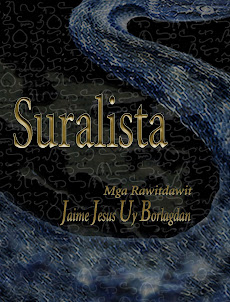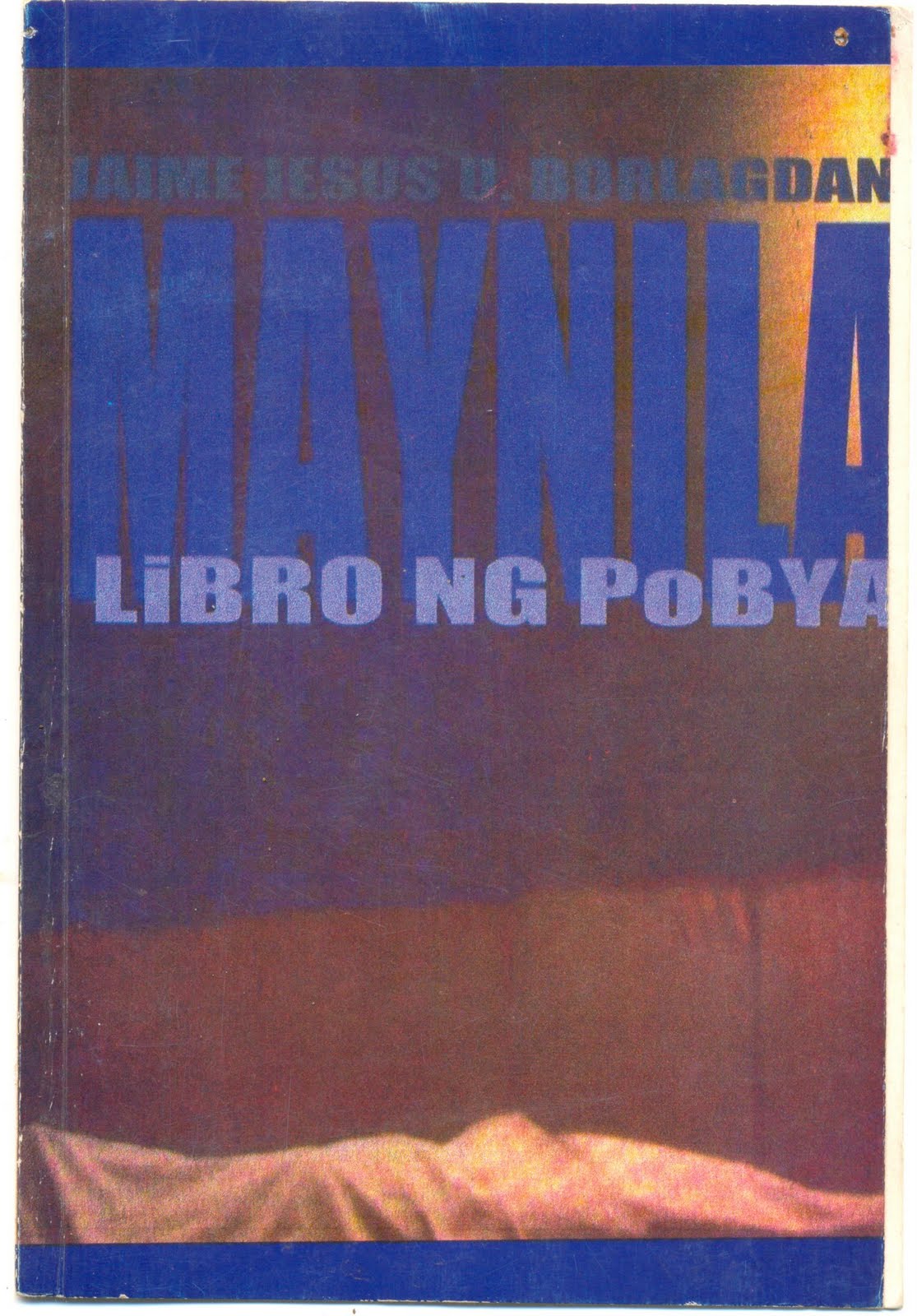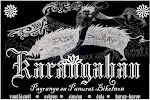Pagsiblag
Nakatalikod na siya kaito (su babayi). Nakahiling na sa dalan pasiring sa siya
Su saiyang kahampang (su lalaki) nakahiling
Sa likod
"Kun pwede niya
Pero nagtalikod naman su nabayaan. Inda ngani kun su ngimot niya an nagtaram ta ini pirit niyang pigtatahuban, sa pagpuon
Pagwalay
Nakatalikod na siya nuon (ang babae). Nakatingin na sa landas patungo sa siya lang ang nakakaalam. At duon sa kanyang patutunguhan, marahil ay may naghihintay, dahil naunahan na siya ng kanyang galak na makarating duon.
.
Ang kanyang kaharap (ang lalake) nakatingin sa talikod niya. Ang kawalan ng paki-alam pinaranas sa kanya ng mundo. Humahagilap
Sa likod ng kampanaryo, kinukumot ng mabagal na araw ang itim ng mga kahoy. Ang mga padyak, sa bigat, sumasadsad ang puwitan sa lupa, gumagapang pauwi. Lahat lumilisan, hanggang ang matira lang sa kanya, siya.
"Kung maaari niya lang sanang isuot ang kagandahan ng kanyang kaluluwa--sa halip itong katawan na kinadidirian mo--marahil mamahalin mo rin siya."
Ngunit tumalikod na rin yung naiwan. Hindi ko alam kung yung bibig niya ang nag-usal, dahil pilit niya itong binubusalan, sa pagsimula ng nginig na yumuyugyog sa kanyang dibdib. Sa totoo, hindi ako magtataka na ang mga salitang ito'y binigkas mismo ng kalungkutan na siya ring nag-utos sa mga tuyong dahon na ibaon ang mga daan ng di nahabag.
Parting
She was already turned away, looking at the path leading to she alone knows where. And there perhaps someone is waiting, for her joy was already there even before she was.
The man just looked at her turned back. The absence of feeling, of concern was inflicted to him by the world. He was seeking aid--more than that, he was seeking righteousness. But even his hands disobeyed him, to at least touch the turned back, moving away.
Behind the belfry, the slow day blankets itself with the darkness of the trees. The tricycles, in heaviness, scratch their ends to the ground, crawling home. Everything is leaving, until all that remains in him is himself.
"If only he could wear the beauty of his soul--instead of this flesh which sickens you --perhaps you would learn to love him too."
But the one who was left also turned away. It's not even sure if these words came from his mouth, which he tried to cover, as shivers begin wracking his chest. In truth, I will not be surprised if these words were spoken by Sadness itself, which was also the one who commanded the dry leaves to veil the path of the wicked.








